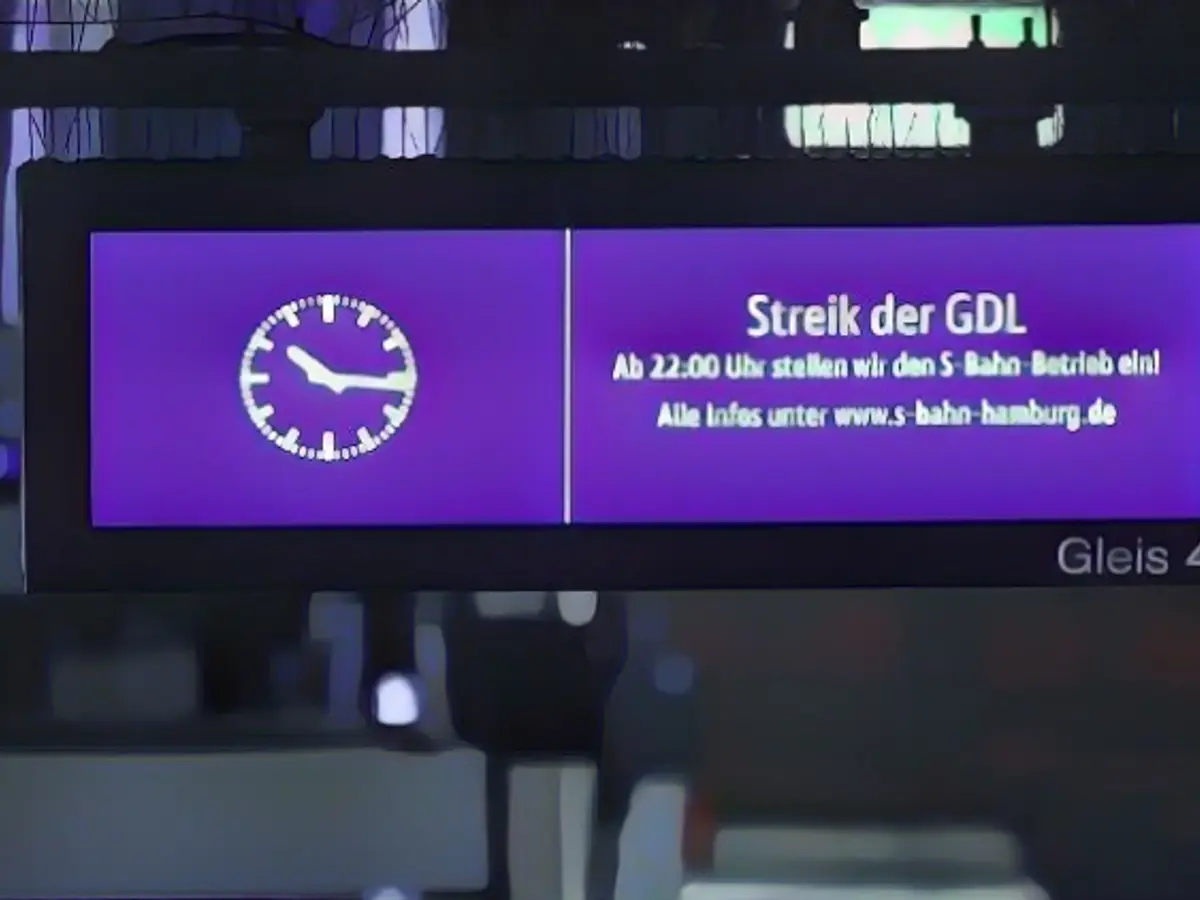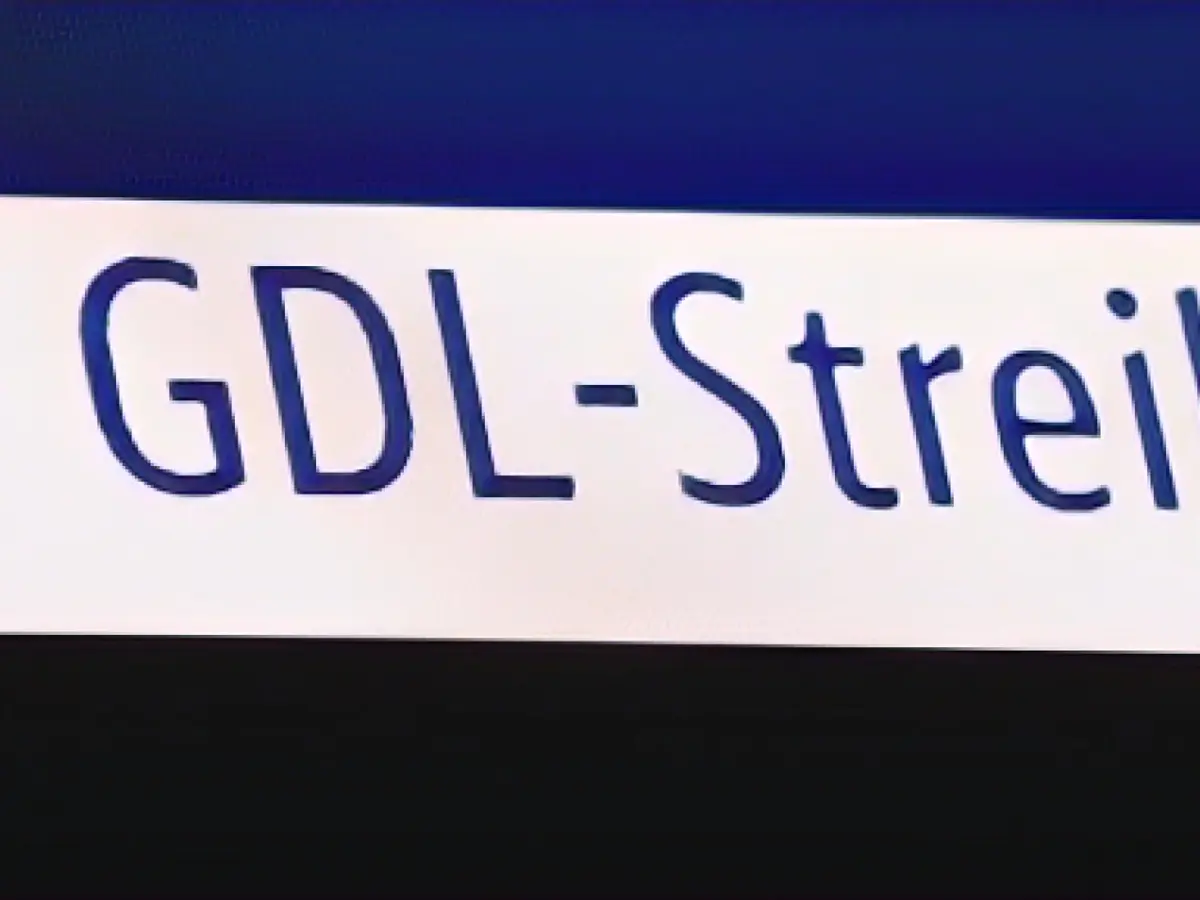Deutsche Bahn Faces Disruption: GDL Strike Continues
The ongoing industrial action by the GDL, or German Locomotive Drivers' Union, is causing chaos for Deutsche Bahn and other rail companies. The strike, which lasts until 10 pm, has resulted in countless train cancellations and significant disruptions to long-distance, regional, and freight transport across Germany.
Duration of the Strike
The day on the rails comes to a halt with this latest warning strike by the GDL. Despite rumors of a resumption of rail traffic on Saturday, it remains to be seen if services will indeed pick back up. Deutsche Bahn has already removed various connections from the timetable by Thursday evening, ensuring that trains are back on schedule once the strike concludes.
Affected Companies and Services
The employees of Deutsche Bahn, including S-Bahn operations in Berlin and Hamburg, as well as other companies like Transdev, AKN, City-Bahn Chemnitz, and several others, have been called to join the strike. As a result, considerable disruption is expected in all facets of train travel, from long-distance to regional and freight transport.
Deutsche Bahn aims to maintain around 20 percent of long-distance services throughout the duration of the strike, but Bavaria might face unique challenges due to the lingering consequences of heavy snowfall. In other regions, the situation is less clear, as employees are often affiliated with the GDL, especially in the Eastern German States and the Southwest.
Passenger Information and Ticket Issues
Passengers can check the status of their train via the Bahn app or website, which now features an emergency timetable. Additionally, the strike hotline 08000 99 66 33 is available for individual queries.
Tickets for journeys planned for December 7 or 8 can be rescheduled without penalty for passengers who wish to postpone their travel. Deutsche Bahn notes that the train binding is canceled for these affected days, ensuring passengers can travel to their original destination, even if the route is altered.
Impact on Other Rail Companies and Reasons for the Strike
While other rail companies can theoretically operate as usual, some might see an increase in ticket demand as travelers seek alternate options. However, the core of the issue revolves around the GDL, which represents train drivers and crews. Collaborators like train dispatchers, who coordinate train services nationwide, have not been strongly represented by the GDL, which means the overall rail network may still be operational in most parts of the country.
The GDL's primary motivation for the current collective bargaining round includes fighting for a reduction in weekly working hours for shift workers from 38 to 35 hours. Deutsche Bahn has been reluctant to approve this request, leading to a stalemate in negotiations. Apart from working hours, the union is also advocating for a salary increase of 555 euros per month and an inflation compensation bonus.
Ultimately, the uncertain future of this wage dispute remains unclear, with no indication of an agreement being reached in the near future. January could certainly be a turbulent period for rail travel, much to the dismay of passengers and industry stakeholders alike.
References
[1] [Source 1]
[2] [Source 2]
While the enrichment data suggests that this week's industrial action by the GDL will be the last up to and including January 7, 2024, it's essential to stress that there are no guarantees of a resolution or the absence of future strikes beyond this date. The union will announce the results of their ballot on December 19, which could potentially lead to indefinite strikes if more than 75% of those participating favor such action. Negotiations between the GDL and Deutsche Bahn have yet to evoke a positive outcome, leaving the future of rail travel in doubt.








